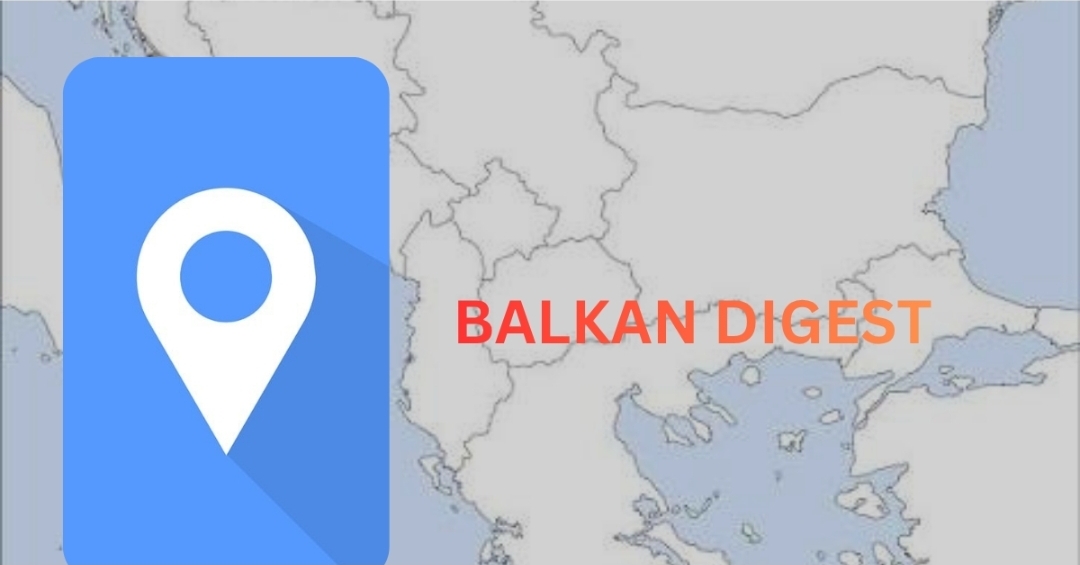Greece finds itself increasingly caught in the strategic competition between Washington and Beijing, with the Port of Piraeus at the center of a brewing dispute over foreign influence in key infrastructure.
The U.S. Embassy in Athens has called attention to what it sees as China’s growing sway over Greece’s largest port, with U.S. Ambassador Kimberly Guilfoyle suggesting in a November 13 television interview that Piraeus could be sold to reduce Chinese control. She noted that at the time of the port’s concession, there were no other bidders, and while she called the situation “unfortunate,” she said solutions could be found to counterbalance Beijing’s presence.
China responded sharply, accusing Guilfoyle of “malicious slander” against Sino-Greek trade relations and of interfering in Greece’s internal affairs. In a written statement, the Chinese Embassy in Athens said the port “belongs forever to the Greek people” and warned that it “should not become a victim of geopolitical confrontation.” Beijing highlighted its investments during Greece’s debt crisis, which helped Piraeus become one of Europe’s leading ports and created thousands of jobs.
Greek authorities have sought to tread a careful line. Foreign Ministry spokesperson Lana Zochiou reiterated that Greece “respects the agreements concluded in the past” and pointed out that Cosco, the Chinese state-owned shipping company, secured its majority stake in Piraeus in 2016 when it was the only bidder during the financial crisis.
The dispute reflects the broader U.S.-China rivalry playing out across Europe, with countries like Greece balancing economic ties to Beijing against strategic partnerships with Washington. Athens is simultaneously advancing U.S.-backed projects, such as a new port in Elefsina, which officials say could serve as a regional logistics hub and provide an alternative to China’s influence at Piraeus.
“We look forward to seeing Elefsina Port evolve into a logistics hub for the region,” Guilfoyle said following a meeting with Greek Development Minister Takis Theodorikakos, signaling Washington’s intent to bolster its footprint in Greek infrastructure.
Analysts say the Piraeus dispute illustrates how European nations are increasingly pressured to navigate competing strategic interests of the United States and China, balancing foreign investment with national sovereignty and regional stability.
Athens, for now, is emphasizing continuity, honoring past agreements while exploring new avenues for investment, as it negotiates the delicate position between two global powers.



